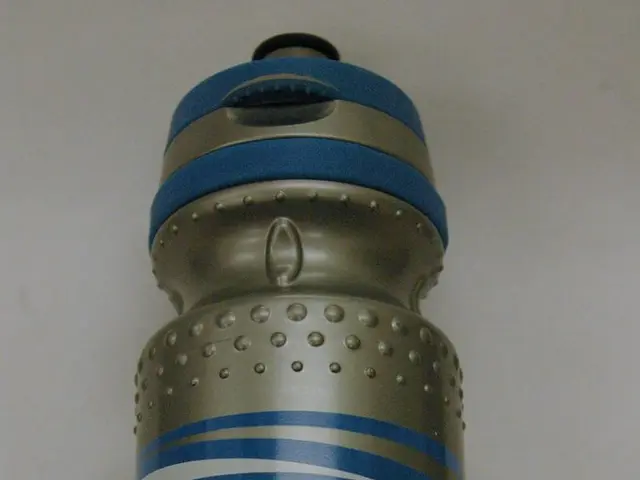Artificial Intelligence-led Dresden study aims at enhancing cancer diagnosis and treatment strategies
The DECIPHER-M project, spearheaded by Prof. Jakob Nikolas Kather and coordinated by the Else Kröner Fresenius Center Dresden (EKFZ) for Digital Health, has been launched with a mission to develop personalized treatment strategies for cancer patients. This pioneering initiative involves multiple institutions across Germany, including TU Dresden, University of Bremen, and institutions in Aachen, Essen, Heidelberg, Mainz, and Munich.
The goal of DECIPHER-M is to enable earlier, more precise diagnoses and preventive measures, ultimately aiming to improve long-term survival rates for cancer patients. The project is initially funded by the Federal Ministry of Education and Research (BMBF) for the first three years, with an approximate budget of 5.5 million euros.
Metastases, a significant challenge in oncology, are a result of cancer cells detaching from the original tumor and traveling to other parts of the body. They make cancer harder to treat and are often elusive, influenced by numerous factors. By understanding how and why cancer cells develop the ability to metastasize, the research team hopes to create a 'bigger picture' by connecting different medical data types and develop new therapies.
The approach being taken in the DECIPHER-M project is multimodal, connecting various data types, and leverages artificial intelligence (AI) to provide personalized treatment strategies based on individual metastasis risk predictions. The project aims to secure a total funding of around nine million euros and is scheduled to run from this year until 2030, spanning a total of five years.
Besides improving insights into the spread of cancer cells using AI, the DECIPHER-M project also aims to enhance treatment and quality of life for cancer patients. By providing personalized treatment strategies, the project partners hope to make a significant impact on the lives of cancer patients and contribute to the ongoing fight against this devastating disease.








